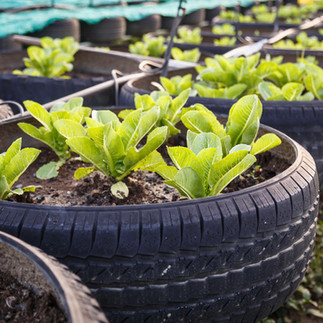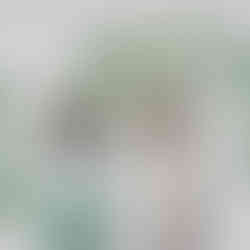It is best if we start recycling today for a better environment. Recycling reduces air and water pollution.
By recycling we can turn old products into new useful products, and it is a way for people to earn a living.
How to start recycling:
Rinse all materials that you want to recycle.
Compost your organic waste and use it as fertiliser.
Stop using plastic shopping bags. Switch to reusable bags.
Have a positive mind set about recycling. Shifting your focus to awareness.
Separate your waste to make recycling easier for yourself. Get five different colour bins one for paper, organic, metal, glass, and plastic waste.
Here are a few reasons why we should recycle:
Recycling creates great job opportunities.
Combat greenhouse gasses by getting rid of the waste.
Landfills that contribute to air pollution will get smaller when we start to recycle.
The accumulation of waste is a global problem. Very soon al nations will run out of space to dump their waste. And let us face it, waste is not good for the environment.
Save a tree. By recycling one ton of paper, we can save up to 17 trees and 64352 L of water. By saving trees we ensure a well-balanced level of carbon dioxide.
Almost everything we use can be recycled. Food waste can be turned in to compost. Glass can be reused, and paper and plastic can be recycled.
Manufacturing companies that make use of recycling save on energy and water.
At the rate that people are dumping their waste, we can soon run out of space to dump all the waste.
The use of recycled products stops the dumping of waste in our lakes, rivers, dams, and ocean, which protect our wildlife.
What materials can we recycle:
Cans.
Glass.
Plastic.
Organic.
Paper and cardboard.
Examples of what can be recycled.
Glass.
Jam jars.
Plain drinking glasses.
Sauce and spice bottles.
Glass bottles such as wine bottles.
Cans:
Paint cans.
Food cans.
Aerosol cans.
Beverage cans such as cool-drinks and beer cans.
Paper and cardboard:
Newspapers.
Long life cartons.
All types of books.
Magazines and flyers.
Office paper, such as printer paper, writing paper and envelopes.
Plastic:
Cling wrap and bubble wrap.
Soft plastic bags and packaging.
Plastic items such as garden chairs, buckets, and flowerpots.
Most plastic containers such as water bottles, milk bottles, etc.
What cannot be recycled:
Broken glass.
Dirty diapers.
Plastic cutlery
Garage waste.
Plastic shopping bags.
Plastic food wrapping.
Styrofoam containers, cups, and egg cartons.



















Comentários